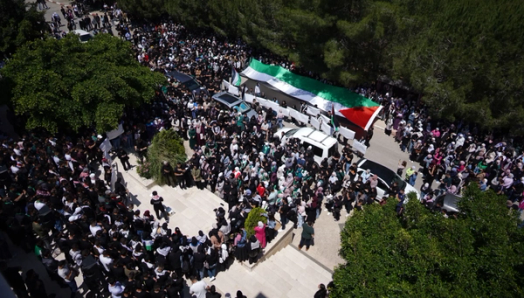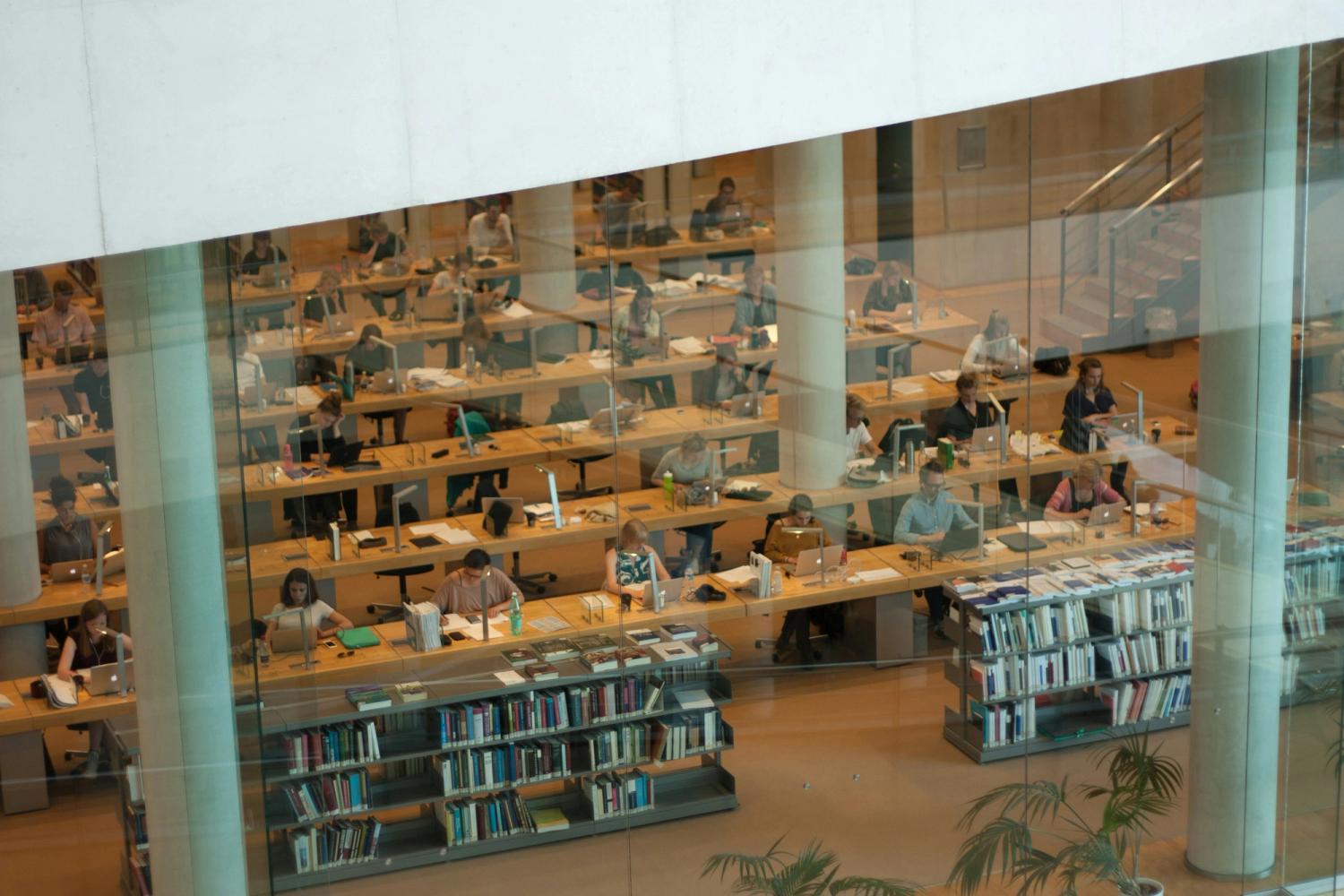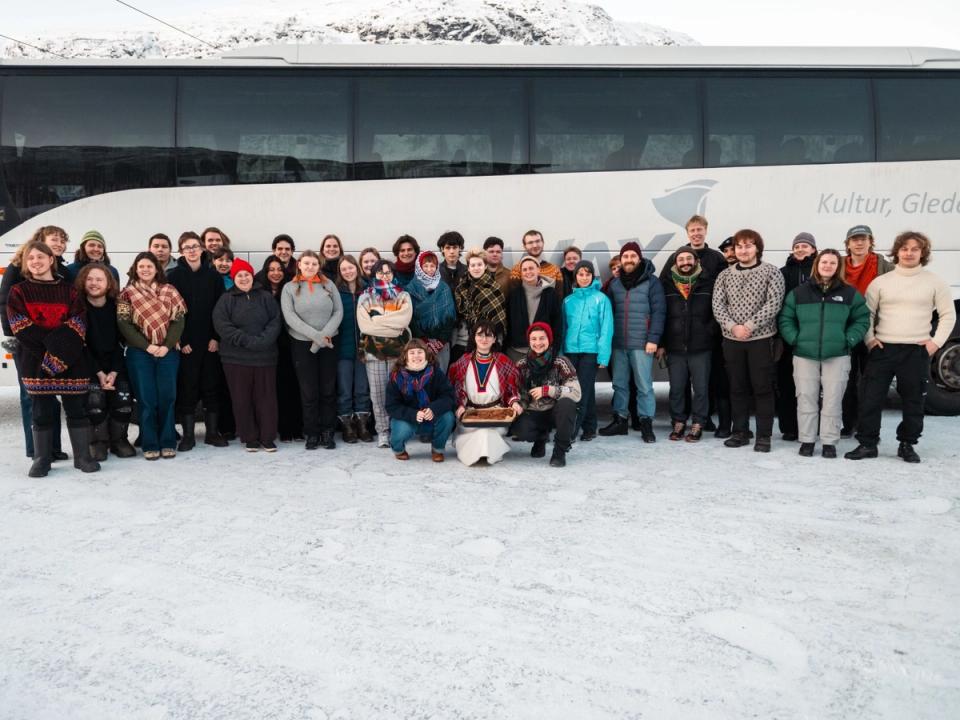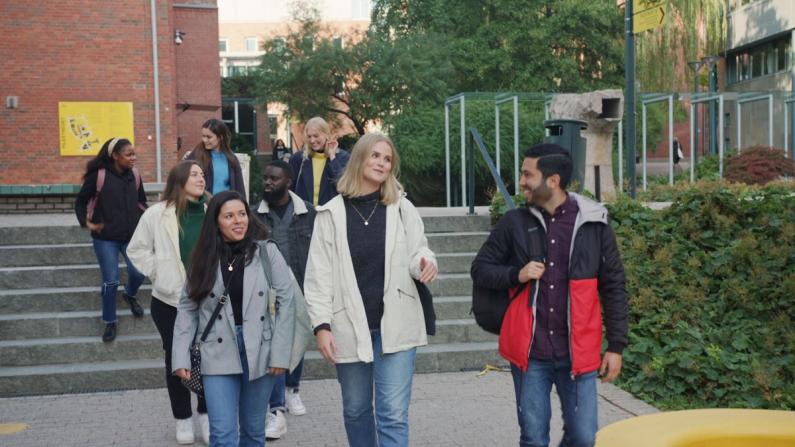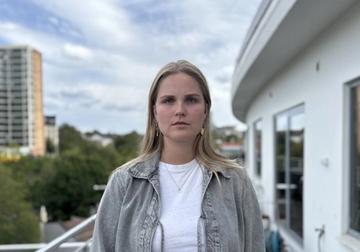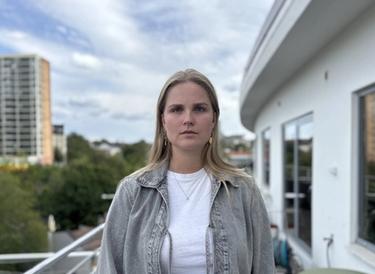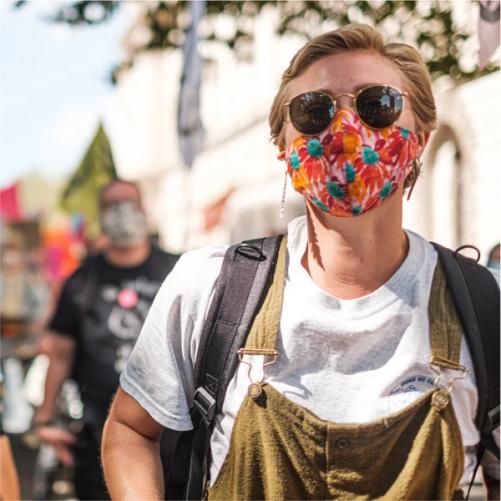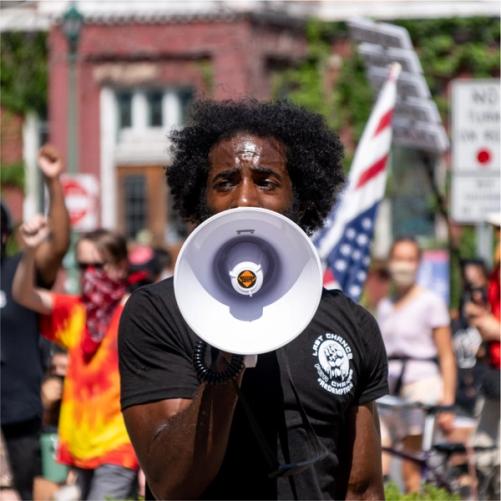Nyhet
Paz a la Calle (Peace to the Streets): Solidarity with the people of Colombia
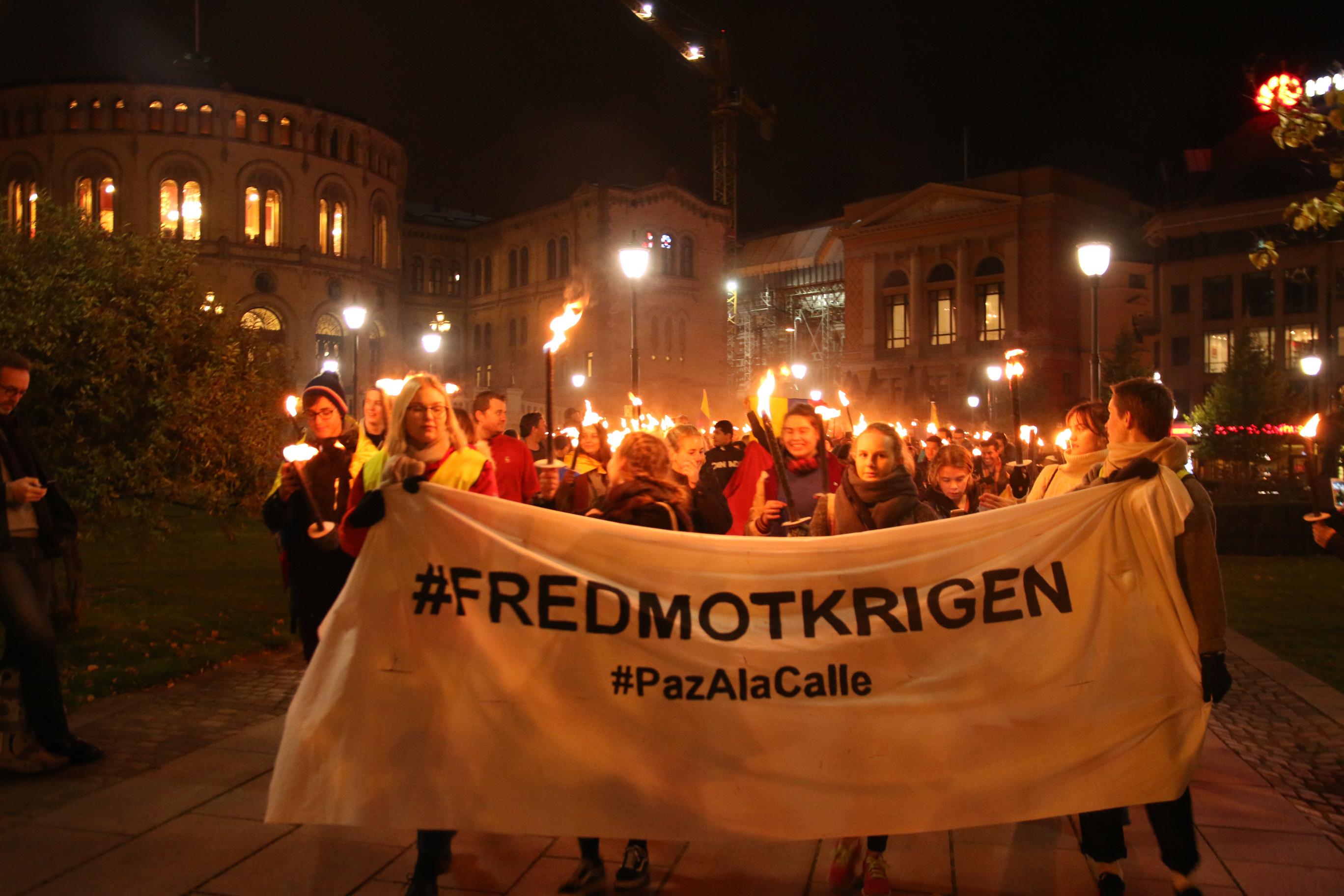
On the 10th of December 2016, Columbian President Juan Manuel Santos will be presented with the 2016 Nobel Peace Prize in Oslo, Norway. As he walks up the stairs to collect his prize, I will know that i have played my part in contributing to the quest for lasting peace in Colombia.
On Friday 7 October 2016, the whole world reverberated with the news that Colombian President Juan Manuel Santos had been awarded the Nobel Peace Prize for 2016 by the Nobel Peace Centre based in Oslo, Norway. The Nobel Peace Prize is one of the five Nobel Prizes created by the Swedish industrialist, inventor, and armaments manufacturer Alfred Nobel, along with the prizes in Chemistry, Physics, Physiology or Medicine, and Literature. Since December 1901, it has been awarded annually (with some exceptions) to those who have "done the most or the best work for fraternity between nations, for the abolition or reduction of standing armies and for the holding and promotion of peace congresses”. Very few people around the world have heard about Colombia, let alone have an idea of the location of the country on the map of the world. So where exactly is Colombia?
50 years with civil war
Colombia is the fourth largest country in South America and one of the continent's most populous nations. It is richly endowed with natural resources such as oil, gold, silver, emeralds, platinum and coal. Despite having an abundance of wealth ,the society in Colombia is highly stratified with the traditionally rich families of Spanish descent have benefited from this wealth to a far greater degree than the majority, mixed-race population. With few avenues for social mobility, this provided a natural constituency for left-wing insurgents. For over 50 years, Colombia has experienced civil war. This has mostly been between the state and various guerrilla groups. The largest of these groups is called the Revolutionary Armed Forces of Colombia (FARC). The drug trade heavily funds them.
Operation Days Work
Operation Days Work (OD) in Norway is the world’s greatest solidarity campaign organized by, with and for youth. The campaign consists of two parts: International Week and OD day. It is by the youth because across Norway, almost 4 000 young people work to organise the campaign. It is with youth because 100.000 youngsters aged 13 to 18 years old work one day to earn money on the OD-day. It is for youth because the money earned always goes to youth and education in another part of the world. This year the money earned on the OD will be used to support peace process in Colombia. The Norwegian Students' and Academics' International Assistance Fund (SAIH received this year’s ODW grant.
Under the auspices of SAIH, I had the opportunity to travel to Hadeland VGS, Forgelia VGS in Ålesund and Gol VGS in Gol. I delivered presentations on the goals, aims and objectives of ODW 2016.The idea was to motivate the students to go out and take part in raising funds for the ODW 2016 during the project day. Together with my colleague Valerie Chidakwa, we managed to reach out to more than two-thousand students.
Operation Day’s Work in Zimbabwe?
On the 10th of December 2016, Columbian President Juan Manuel Santos will be presented with the 2016 Nobel Peace Prize in Oslo, Norway. This will be in recognition of, "for his resolute efforts to bring the country’s more than 50-year-long civil war to an end, a war that has cost the lives of at least 220 000 Colombians and displaced close to six million people”. As he walks up the stairs to collect his prize, I will know that i have played my part in contributing to the quest for lasting peace in Colombia.
Beyond this, I am left with critical questions in my mind. Can the Modus-Operandi behind ODW be replicated in my home country Zimbabwe? Is it possible that students in Zimbabwe will someday be able to donate 1 day of their school program to work for just 1 dollar? Donate that dollar to a project aimed at improving the lives of other learners facing difficult circumstances? Can the students on their own establish an executive committee, which will plan, run and oversee this entire process?
